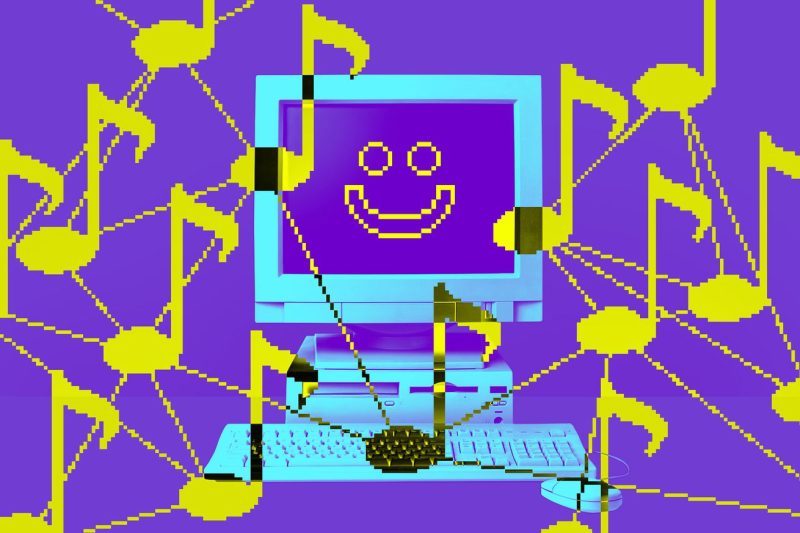In recent years, the entertainment industry has been abuzz with discussions surrounding copyright laws and their implications on artificial intelligence (AI). The Recording Industry Association of America (RIAA) has been actively involved in pursuing legal actions against individuals and companies for copyright infringement. These lawsuits carry significant implications for AI technology and its ability to create and distribute content.
One of the key issues at the heart of the RIAA lawsuits is the use of AI to generate music and other creative content. AI algorithms have become increasingly adept at composing music, producing artwork, and even writing articles. While this technology opens up exciting possibilities for creativity and innovation, it also raises important questions about copyright ownership and intellectual property rights.
The RIAA has argued that AI-generated content should be subject to the same copyright laws as traditionally created works. This stance has sparked debates about the role of AI in creative industries and the need for clear regulations to protect the rights of content creators. By enforcing copyright laws against AI-generated content, the RIAA aims to preserve the rights of musicians, artists, and other creative professionals whose work may be devalued or misappropriated by automated systems.
At the same time, proponents of AI technology argue that these algorithms should be seen as tools to enhance human creativity rather than replace it. They advocate for a more nuanced approach to copyright laws that recognizes the collaborative nature of AI-generated content. By treating AI as a co-creator rather than a sole author, they believe that copyright laws can evolve to accommodate new forms of creativity while still safeguarding the interests of original creators.
Another important aspect of the RIAA lawsuits is the role of platform liability in copyright infringement cases involving AI-generated content. Online platforms and social media companies have faced legal challenges for hosting and distributing copyrighted material created by AI algorithms. These lawsuits have raised concerns about the responsibility of tech companies to monitor and regulate the content shared on their platforms.
In response to these challenges, some platforms have implemented content recognition technologies to identify and remove copyrighted material automatically. However, these solutions are not foolproof and have sparked criticisms about censorship and overzealous copyright enforcement. Balancing the interests of content creators, AI developers, and platform operators will require careful consideration of legal frameworks and ethical guidelines that promote innovation while respecting intellectual property rights.
As the legal landscape surrounding AI and copyright continues to evolve, it is clear that these issues are complex and multifaceted. The RIAA lawsuits represent a critical juncture in defining the relationship between AI technology and creative industries. By addressing key questions about ownership, collaboration, and liability, policymakers and industry stakeholders can chart a path forward that fosters innovation, protects intellectual property rights, and ensures a fair and equitable environment for all creators in the digital age.

